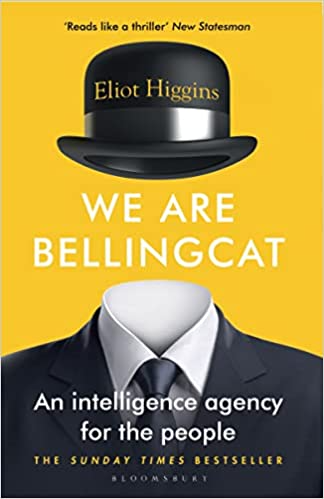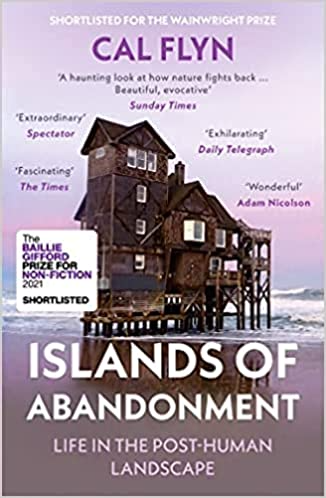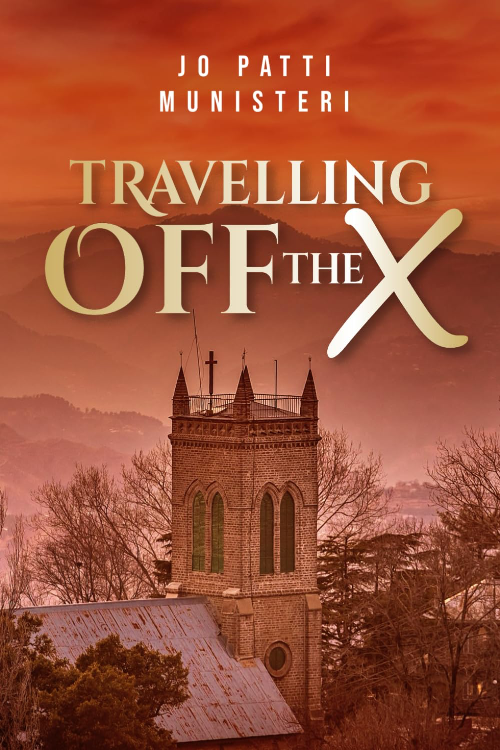On Chapel Sands - review
Review by: Profile Editorial Team, 13/12/2019
Every family is a mystery to outsiders, some more than others. Sometimes a family is even a mystery to its own members – secret histories, lost information, differing accounts of the same event.
“For my twenty-first birthday”, writes Laura Cumming “my mother gave me the gift I most wanted: the tale of her early life”. Thus began a 30 year journey to uncover the mysteries surrounding her mother’s earliest days, including – startlingly – her kidnap at the age of three.
This is a beautiful book. The rhythm of the telling pulls the reader along gently, mimicking the open, flat landscape and the unhurried pace of 1930s Lincolnshire
The kidnapping is really only a sidenote in a very English story of suppressed emotions, lost love and silent, stoic endurance. Cummings is an artist, as were her parents, and she brings an artist’s analytical eye to the handful of old photographs which are all we have of many of the people in this saga. And ‘saga’ is the right word here, for there is something Scandinavian in this evocation of family life in a harder, simpler time, more connected with the land and the sea than with the technological age.
The Lincolnshire which Cummings evokes feels timeless; English but also universal, as much a time as a place, and the people who populate it are both singular and recognisably human.
The author references several well-known paintings in her storytelling, because she is an artist and hers is primarily a visual language. She uses paintings to illustrate aspects of human behaviour which haven’t changed in centuries, evidencing the idea that people have always been people, whatever our differences in language, dress and technology. There is comfort to be found in the repetitive patterns of human behaviour.
This is a beautiful book. The rhythm of the telling pulls the reader along gently, mimicking the open, flat landscape and the unhurried pace of 1930s Lincolnshire. We learn something of Laura Cumming's ancestry, naturally, and it is clear that she was gifted with a talent for language as well as art: every word, every phrase selected with the precision of a natural writer. This book is elegiac in tone but never maudlin; the reader is left with a strong sense – a haunting sense, really – of a place and time almost within reach yet utterly different. Her love for her mother is apparent, also, coupled with a sense of loss for what might have been.
Some books persist in the space between the reading and the real world, refusing to leave the reader alone. This is one such work. In focusing on the hidden complexities of the people we choose to simplify, it made this reader think again about his own parents – no longer with us – and the lives which they might have led, given different options. We are all the product of other people’s decisions; our very existences imply dramas which are usually kept hidden. On Chapel Sands is a loving exploration of one small drama, and it is a triumph of the writer’s art.
ON CHAPEL SANDS WAS SHORTLISTED FOR THE 2019 BAILLIE GIFFORD PRIZE FOR NON FICTION. TO SEE THE OTHER SHORTLISTED BOOKS, CLICK HERE
Posted in: non-fiction



.jpg)





